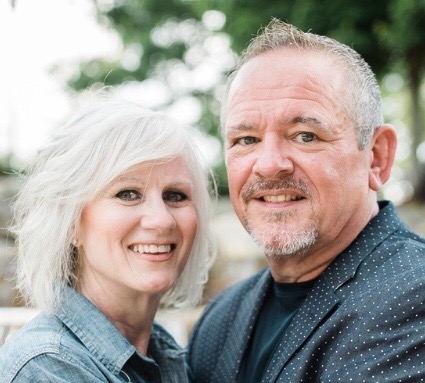Vital Signs - Tuesday, March 31, 2020
- Phil Wade

- Mar 31, 2020
- 2 min read
What is anxiety? If you’ve ever experienced it in your own life, you know first-hand that defining the wide range of thoughts and feelings associated with this emotion can be quite difficult. So before we go any further, I want to define anxiety for you because I think people need to understand what it truly means.
The Merriam-Webster Dictionary defines anxiety as:
An apprehensive uneasiness or nervousness, usually over an impending or anticipated ill; an abnormal and overwhelming sense of apprehension and fear, often marked by physical signs (such as tension, sweating, and increased pulse rate), by doubt concerning the reality and nature of a threat, and by self-doubt about one’s capacity to cope with it.
When we think in terms of anxiety, we’re really thinking in terms of feeling dread, apprehension, and uncertainty about things.
Uncertain something that’s currently going on in our lives.
Uncertain about things that happened in our past and why they keep bothering us.
Uncertain about the future.
The bottom line about all of our feelings of dread, apprehension, and uncertainty comes down to one thing: The fear of not being in control. If there’s something beyond our control and we feel uncertain about the outcome, that’s going to create anxiety within us. In the New Testament, the word anxiety means distracted or pulled apart ... the opposite of peace. That “distraction”—that “pulling apart”—is going to create stress within us. And that stress, whether we realize it or not, is going to have a profound effect on our lives.
Please understand that anxiety can and will affect your entire body. It will make you physically ill. It will divide your mind. And where your mind goes, the overall health of your body will eventually follow. That’s why recognizing what it is and learning to deal with the all-encompassing emotion of anxiety is of paramount importance in your life.
“Anxiety in the heart of man causes depression, But a good word makes it glad.”
Proverbs 12:25 NKJV
Comments